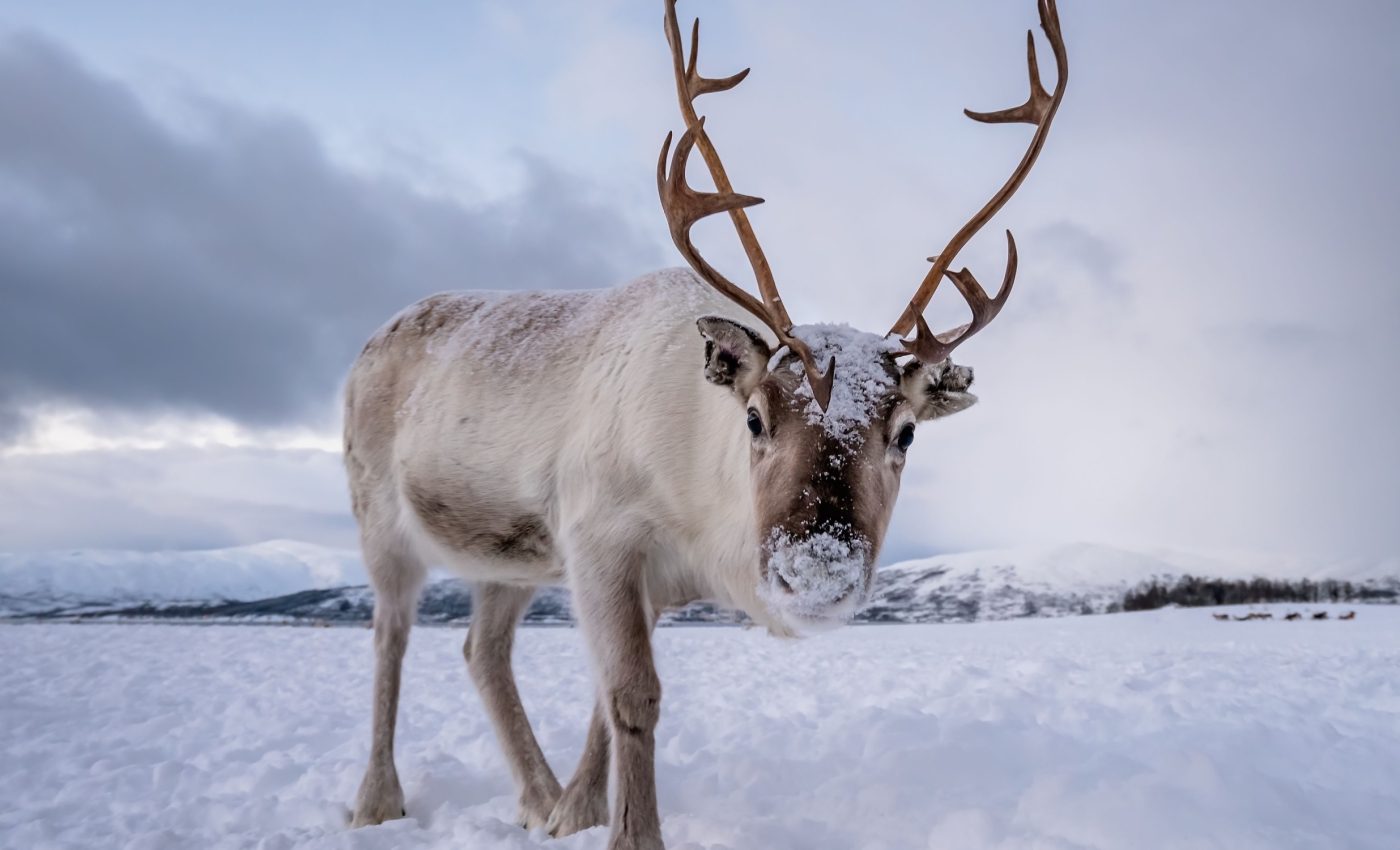
Arctic reindeer populations are declining faster than ever before
In the frozen expanse of the Arctic, a quiet force has shaped life for millennia. Reindeer have grazed the tundra since the Ice Age, enduring blizzards, migrations that span thousands of kilometers, and dramatic swings in climate.
Reindeer are more than just a species of the far north; they are cultural pillars, ecological engineers, and an irreplaceable part of human history in these regions.
From sustaining Indigenous communities to maintaining the delicate balance of Arctic plant life, reindeer have long been a thread connecting people, wildlife, and the land. Yet today, that thread is fraying.
Modern climate change is accelerating faster than anything they have faced before, and the question is no longer whether they will be affected – but how severely.
Arctic reindeer face major decline
Researchers warn that climate change could trigger reindeer population declines at a rate unmatched in 21,000 years.
Known as caribou in North America, these Ice Age survivors have adapted to the Arctic’s extreme conditions, shaping ecosystems and sustaining Indigenous communities.
Yet, despite their resilience, climate change and other human pressures have reduced global numbers by nearly two-thirds in just three decades.
An international team from the University of Adelaide and University of Copenhagen analyzed reindeer population and range changes over 21 millennia.
The team combined fossil evidence, ancient DNA, and advanced computer models to uncover how reindeer responded to past rapid warming events and what the future might hold.
Past survival may not work now
“Using fossils, ancient DNA and computer models, we reconstructed changes in the abundance and distribution of reindeer over the past 21,000 years at resolutions never done before, and we directly compared these to future predictions,” said lead investigator Dr. Elisabetta Canteri from the University of Adelaide.
The results showed that reindeer survived earlier abrupt warming periods thanks to ecological versatility, high mobility, strong population densities, and the ability to persist in small refuges when conditions worsened.
However, these traits will likely not protect reindeer in the Arctic against the pace and scale of current and future warming.
Biggest losses in North America
“Our forecasts show that these North American caribou populations are most at risk from climate warming, with declines of up to 80 percent likely by 2100 unless there are major cuts to greenhouse gas emissions and increased investment in wildlife management and conservation,” said Professor Damien Fordham.
In fact, the study projects an 84% population drop and a 71% range loss in North America by 2100 under a high-emissions scenario. Even with moderate emissions cuts, populations could shrink by 42% and ranges by 21 percent.
Some herds have already suffered extreme losses – the George River herd declined by 99% in under 30 years, while the Mulchatna herd fell by 95% over a similar period.
Arctic reindeer loss will harm nature
Reindeer and caribou maintain Arctic plant diversity by grazing selectively, preventing certain plants from dominating.
“A reduction in tundra plant diversity resulting from the loss of reindeer and caribou will have many cascading effects, including reduction of carbon storage in Arctic soils,” noted Professor Eric Post.
Losing these herbivores could also speed up Arctic warming by releasing stored carbon, altering soil nutrients, and changing surface reflectivity.
This may open the door for invasive species and increase the risk of diseases spreading in the far north.
Regional differences in vulnerability
While Asia may see local declines – especially at the southern edges of current ranges – some northern regions such as the Taimyr Peninsula might experience population increases due to newly available habitats.
Greenland could also see range expansions as melting ice exposes suitable land. In contrast, Europe has historically hosted smaller reindeer populations, which have fluctuated sharply during past climate swings.
Well-being of Arctic reindeer
The research shows that without urgent reductions in greenhouse gas emissions and greater investment in conservation, current declines will likely accelerate.
Protecting these herds is critical not only for biodiversity and climate stability, but also for the cultural, economic, and emotional well-being of Arctic communities that depend on them.
“For thousands of years, the well-being of our own species has benefitted directly from healthy reindeer and caribou populations. Now more than ever we need to ensure their well-being in turn,” said Professor Post.
The study is published in the journal Science Advances.
—–
Like what you read? Subscribe to our newsletter for engaging articles, exclusive content, and the latest updates.
Check us out on EarthSnap, a free app brought to you by Eric Ralls and Earth.com.
—–













